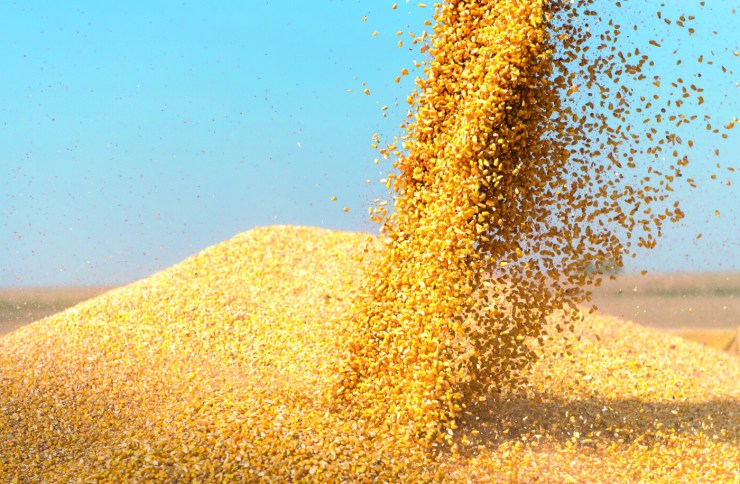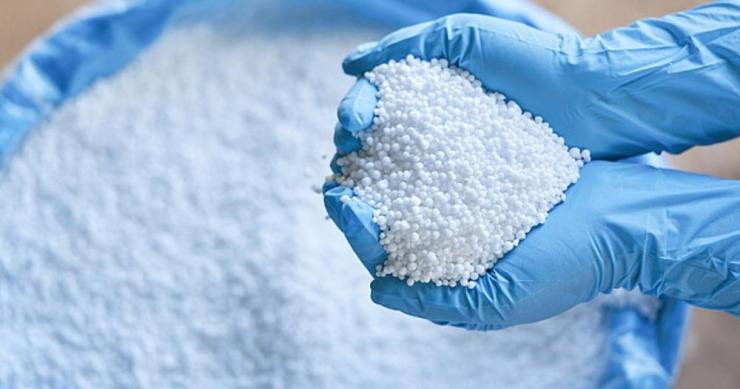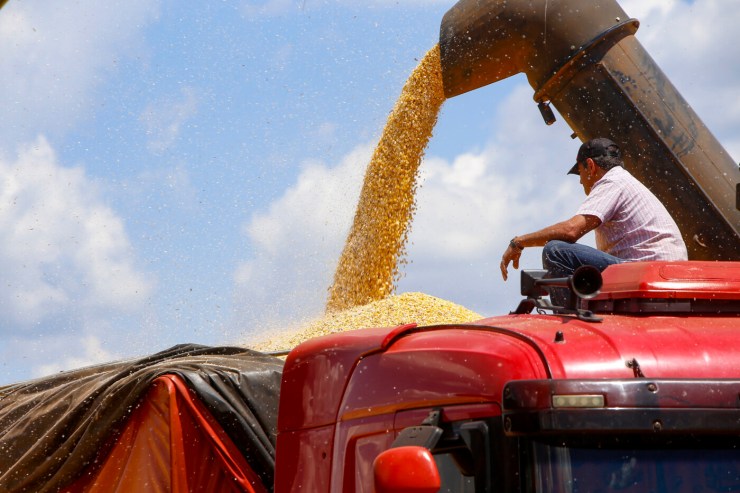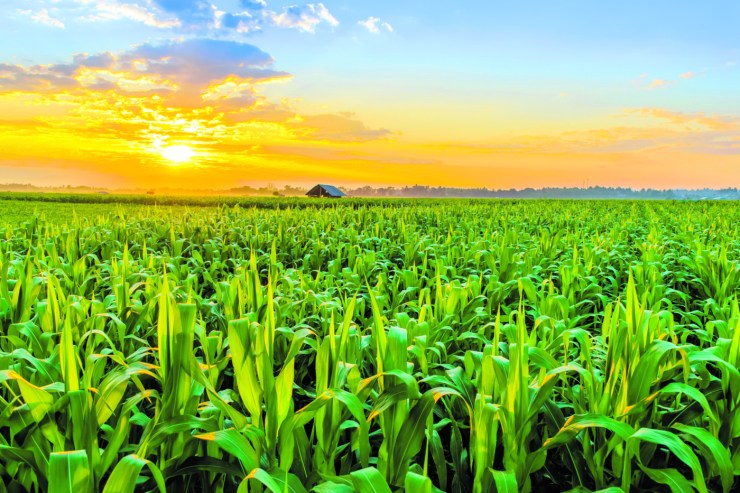Last ThursdayApril 24th is International Corn Day, an important food for the entire world and one of the protagonists of national agricultural production. Brazil has plenty of reasons to celebrate: the country is the third largest producer of the grain in the world – behind China and the United States – with an estimated production of 122.7 million tons for the 2024/25 harvest, according to data from Conab.

Photo: Sandra Brito
Leading the export rankings, Brazil exported 34 million tons of corn in the last harvest, to more than 140 countries, while in the early 2000s it was still an importer.
But corn's prominence goes beyond numbers. For the Brazilian Association of Corn and Sorghum Producers (Abramilho), the evolution of the crop in Brazil is also a story of sustainability, innovation and efficiency. Proof of this is that, in the last 20 years alone, production has grown by approximately 250%, jumping from 35 to 122 million tons, while the planted area has only doubled, going from 11 to 21 million hectares.
This advance is directly linked to the use of biotechnology, which has allowed for greater productivity with less environmental impact – and is driven, above all, by animal breeding in the domestic market and external demand, which together correspond to 70% of the destination of national corn production.
According to Daniel Rosa, technical director of Abramilho, Brazil is a world leader in sustainable agricultural practices. “Several factors make Brazilian agriculture – including corn – one of the most sustainable in the world. Strict legislation is one of them, as is the adoption of biological inputs, which reduce the use of chemicals in the field,” he explains.

Photo: Disclosure/Abramilho
Another difference pointed out by Rosa is the synergy between soybean and corn crops, planted in succession across much of the country. “Soybeans fix nitrogen in the soil, benefiting the development of corn. Corn leaves behind straw that acts as a natural fertilizer. It is a win-win relationship that benefits the soil and increases the efficiency of the production system,” she adds.
The role of corn and its contribution to sustainability on the global stage is one of the focuses of the 3rd Abramilho Congress, which will be held on May 14th in Brasília, with the theme “Sustainability and Innovation”. The event, for invited guests, will bring together around 400 people, including producers, authorities, businesspeople and experts, to discuss the challenges and opportunities of corn cultivation in the economic, political and environmental context.
“It will be a unique opportunity to provide technical and strategic support to Brazilian producers and leaders, in addition to positioning Brazilian corn as a key piece in the balance between economic development and environmental sustainability,” notes Glauber Silveira, executive director of the association and coordinator of the congress.
The event will feature panels on environmental reciprocity between countries, the food inflation scenario, sustainable demands in the international market and sustainable innovation cases. In addition, the agenda includes an analysis of the macroeconomic situation following the recent “tariff hike” announced by the US government.
Check out the full schedule here. For more information: [email protected].




